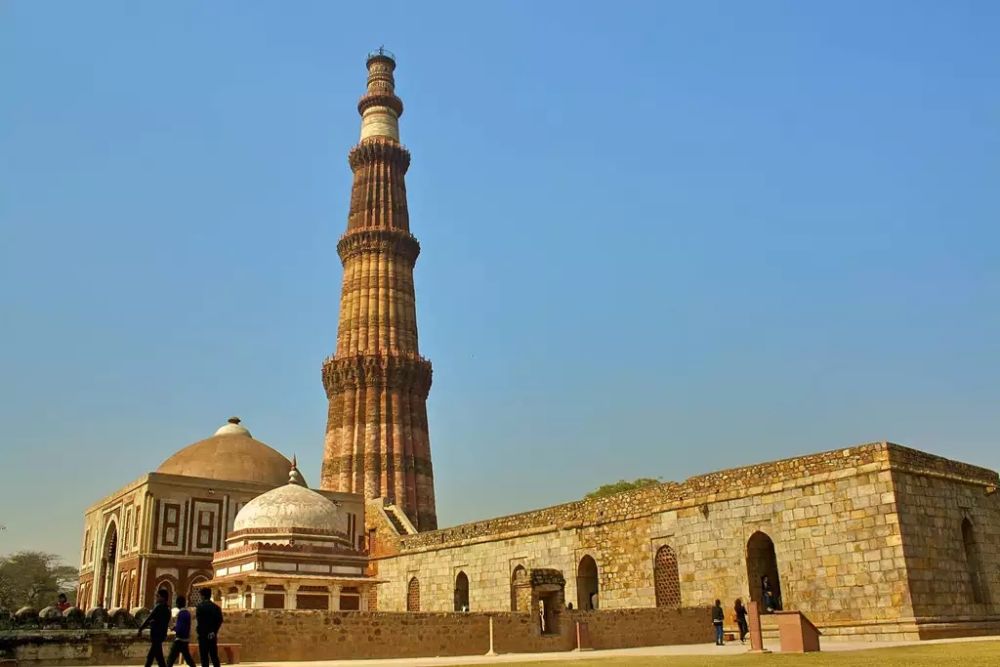

Located in the vibrant city of Delhi, Qutub Minar stands tall as a testament to the region's rich history and architectural heritage. Dating back to the 12th century, this UNESCO World Heritage Site has been pivotal in shaping the face of tourism in Delhi, India. The soaring tower attracts visitors from across the globe, eager to witness the grandeur of Indo-Islamic architecture and delve into the historical lore encapsulated within its walls.
The construction of Qutub Minar was initiated by the first Muslim ruler of Delhi, Qutb-ud-din Aibak, in 1193. It was later completed by his successor Iltutmish and further embellished by subsequent rulers. The Minar was erected to celebrate the victory of Mohammed Ghori over the Rajput kings and to mark the beginning of Muslim rule in India. It also served as a minaret to the adjoining mosque from where the adhan, or Islamic call to prayer, was sounded.
Over the years, Qutub Minar has evolved from a regional monument of historical significance into a mainstream tourist attraction. Initially, it attracted scholars, historians, and those with an interest in Mughal and Islamic culture. However, the Minar, with its surrounding ancient and medieval structures like Iron Pillar and Quwwat-ul-Islam Mosque, has gradually become a popular spot for casual tourists and history enthusiasts alike.
The visitor experience has been greatly enhanced by the government's efforts to preserve and showcase the monument. The Archaeological Survey of India (ASI) has undertaken restoration and conservation projects to maintain the integrity of Qutub Minar and its surrounding complexes.
With the advent of technology, virtual tours and augmented reality experiences are becoming popular among tourists who visit Qutub Minar. These technologies offer immersive insights into the history of the monument and its architectural details.
Moreover, the recent trend of experiential tourism has led to an increase in walking tours and cultural events near Qutub Minar. These tours are curated to provide a deeper understanding of the monument's history, its cultural significance, and the stories of the people associated with it.
Qutub Minar is open to visitors throughout the week, barring certain public holidays. As of the knowledge cutoff in 2023, it's advisable to check the current timings and ticket prices before planning a visit. Special care is taken to ensure the preservation of this ancient monument, hence visitors are expected to adhere to guidelines to prevent any damage.
Photography is allowed, but the use of tripods and drones may be restricted without prior permission. There are also facilities like guided tours available in multiple languages, which offer an in-depth understanding of the complex's history.
Qutub Minar is not just a historic structure but a living narrative that continues to evolve with time. The administration's efforts to preserve its beauty while catering to modern tourism trends have made it a must-visit destination for anyone interested in India's rich cultural tapestry. As the tourism industry grows, Qutub Minar consistently remains a resilient symbol of Delhi's historical and cultural significance.